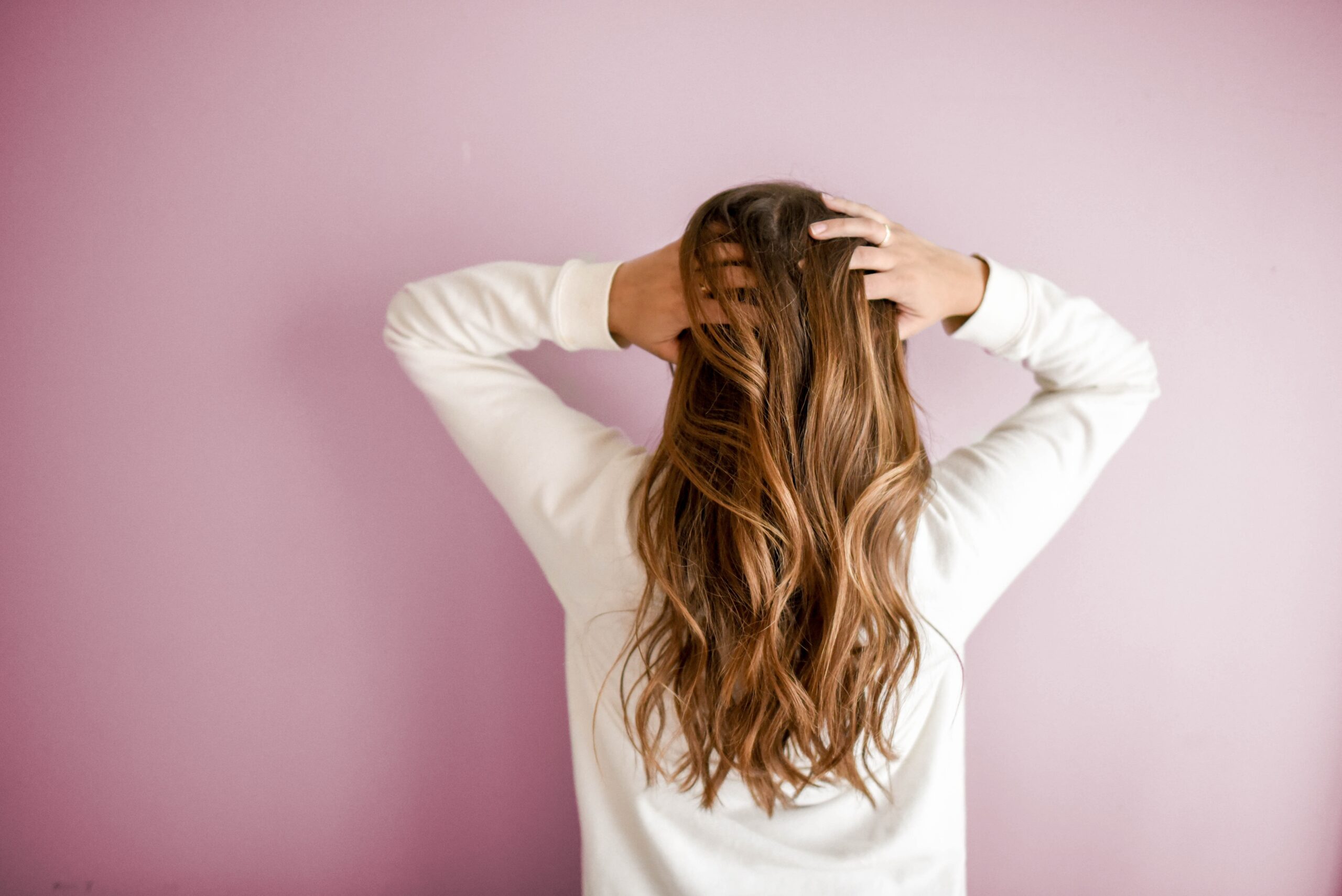This article is going to cover the list of foods good for hair. You will also learn how you need to use those foods to get the best results. Read on!
Diet can play an unexpectedly important function in hair development. Just as eating the correct foods may help you stay lean, healthy, and fit, eating the right foods can help encourage hair development and maintain your hair thick, strong, and healthy as you age.
To determine the best foods for hair growth and hair health, it’s helpful to know which vitamins and nutrients are important for the hair growth process. Consuming meals strong in vitamin C, E, D, biotin, and zinc, for example, all contribute to hair development. That being said, we wanted to be precise about what we might include in our diet to get the locks of our dreams, so we consulted different nutritionists and dietitians, and here is the list we got.
1. Black Beans
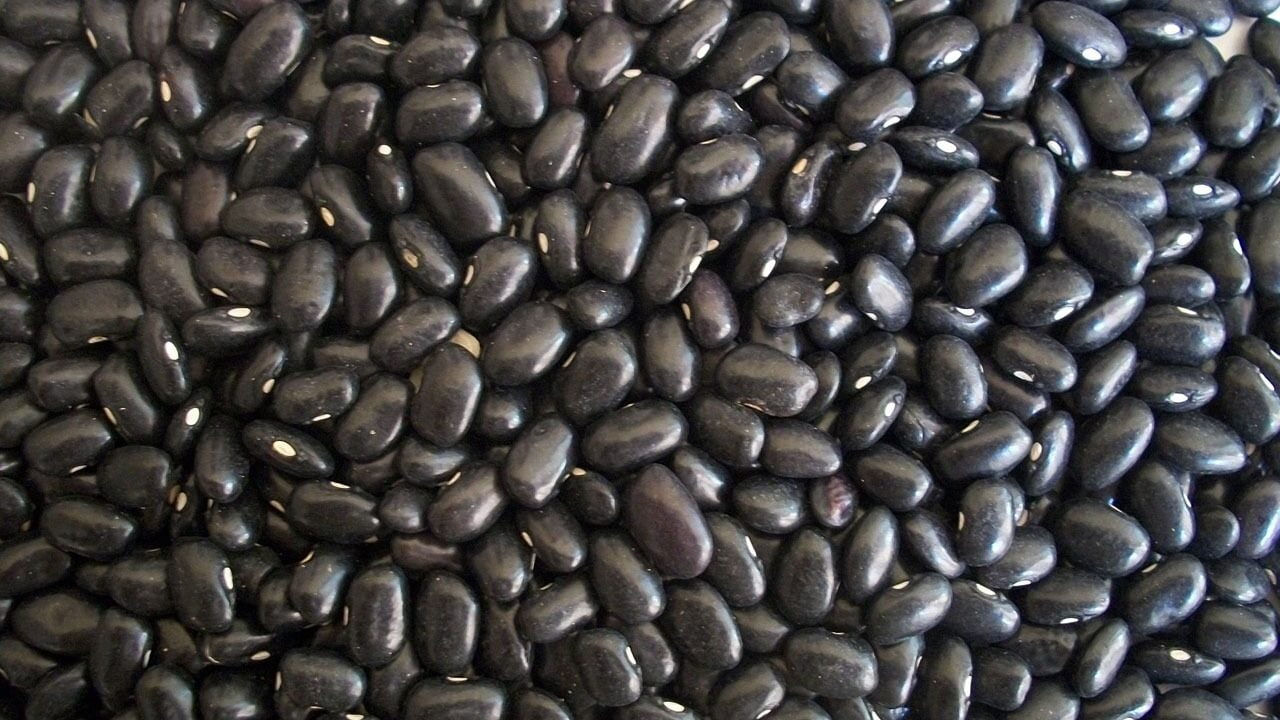
Lysine is an important amino acid that may aid in iron and zinc absorption. Given what we’ve just said about hair and those critical nutrients, it’s no surprise that lysine has been demonstrated to promote healthy hair growth and development. In fact, according to 2002 research published in the journal Clinical and Experimental Dermatology, adding lysine to iron intake considerably improved some women with persistent thinning hair and hair loss who had not responded to iron treatment alone. Black beans, which are high in protein, are also high in lysine. A half-cup portion of the beans contains 523 milligrams of the necessary amino acid.
2. Eggs

Eggs are high in protein as well as vital minerals that promote hair growth, such as choline and vitamins A, D, and B12. To obtain the maximum Vitamin D, make sure you keep the yolk in your scramble. Lutein and zeaxanthin, two carotenoids contained in eggs, also have a role in cellular health, particularly in the eyes, skin, and hair.
3. Tangerines

Tangerine advantages have a significant impact on your hair. Their high vitamin C concentration helps your body absorb iron, which is abundant in foods like red meat and spinach. According to research published in the Journal of Korean Medical Science, iron deficiency has been related to hair loss, so make sure you’re getting enough of it. And meals high in vitamin C will only help your body absorb that iron even more.
4. Walnuts

According to a review published in the journal Dermatology Practical & Conceptual, a lack of the polyunsaturated essential fatty acids linoleic acid (an omega-6 fatty acid) and alpha-linolenic acid (an omega-3 fatty acid) can induce hair alterations such as scalp hair loss and brow whitening. Eat foods high in linolenic and alpha-linolenic acids, such as walnuts, to avoid any of this occurring to you or your hair.
5. Yogurt
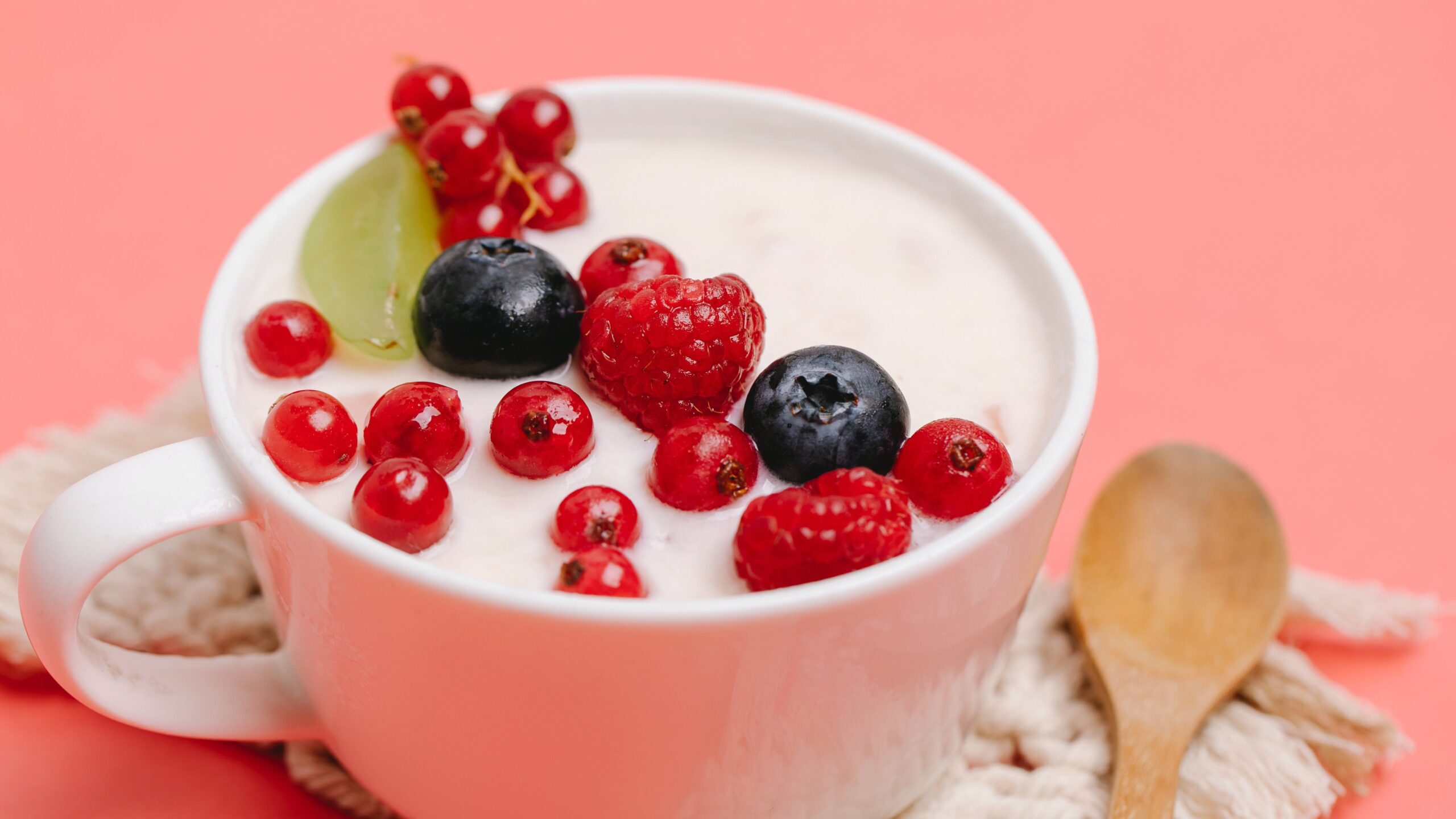
Greek yogurt has protein and iron, making it an excellent diet for hair development. Cassetty loves kefir, a drinkable, on-the-go option that can be combined with your usual breakfast for an added boost of energy and nutrients to help your hair grow long and healthy.
If you’re a vegan, you may still get the advantages of yogurt for hair development by choosing a plant-based kind such as almond or cashew. Just be sure to select a high protein one that offers enough of hair development ingredients like protein and iron.
6. Brussels Sprouts

Brussels sprouts offer a wide range of nutritional properties that make them an excellent diet for hair development. Cassetty claims that a cup of Brussels sprouts covers your daily vitamin C requirements. “Vitamin C aids in the formation of collagen as well as plant-based iron absorption.” It is also an antioxidant that protects against oxidative damage. As a result, vitamin C plays several functions in keeping healthy hair.”
Also check, physical symptoms of Stress and Anxiety
7. Cod liver oil

According to Gaunitz, vitamin D3 insufficiency is a worldwide problem that affects your hair, among other health issues.
“By percentage, cod liver oil contains the largest proportion of vitamin D3 of any food,” explains Gaunitz. “Vitamin D3 regulates parts of the immune system, keratinization, and hormone metabolism,” adds Gaunitz, “all of which can affect the thickness, fullness, and length of your hair.” More study is needed to confirm any direct association.
8. Carrots
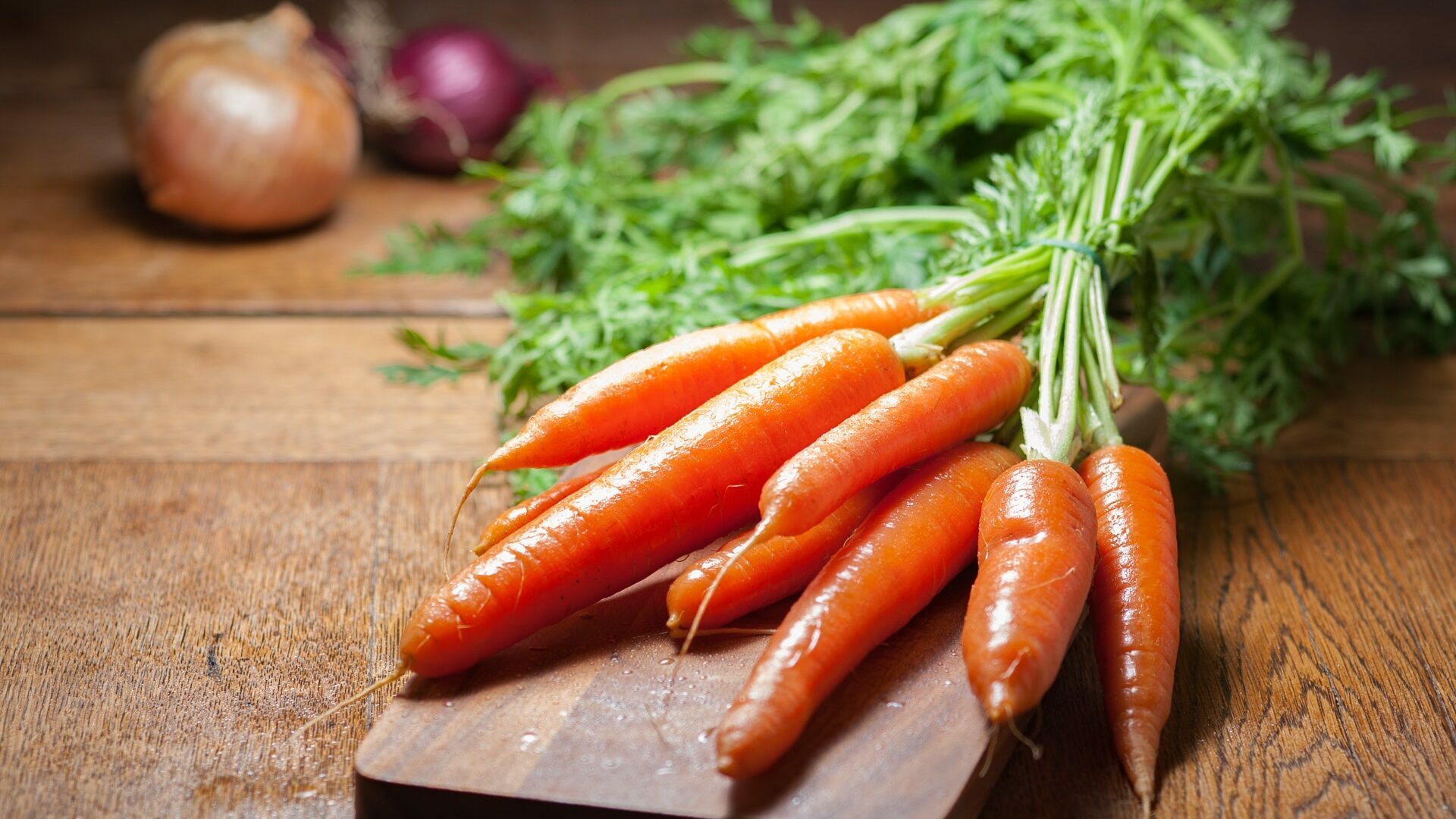
The body needs vitamin A to produce sebum. Sebum is an oily material produced by the sebaceous glands in our hair that acts as a natural conditioner for a healthy scalp. We may have an itchy scalp and dry hair if we do not produce sebum. Include animal products as well as orange/yellow colored vegetables high in beta-carotene (which is converted into vitamin A), such as carrots, pumpkins, and sweet potatoes.
9. Oysters

Hair loss or dandruff is due to a low level of hormone androgen production. Include oysters in your diet as they are rich in zinc, which further helps in the production of androgen and hence fights against hair fall and dandruff. Besides, it also helps your locks retain shine and health.
10. Seaweed
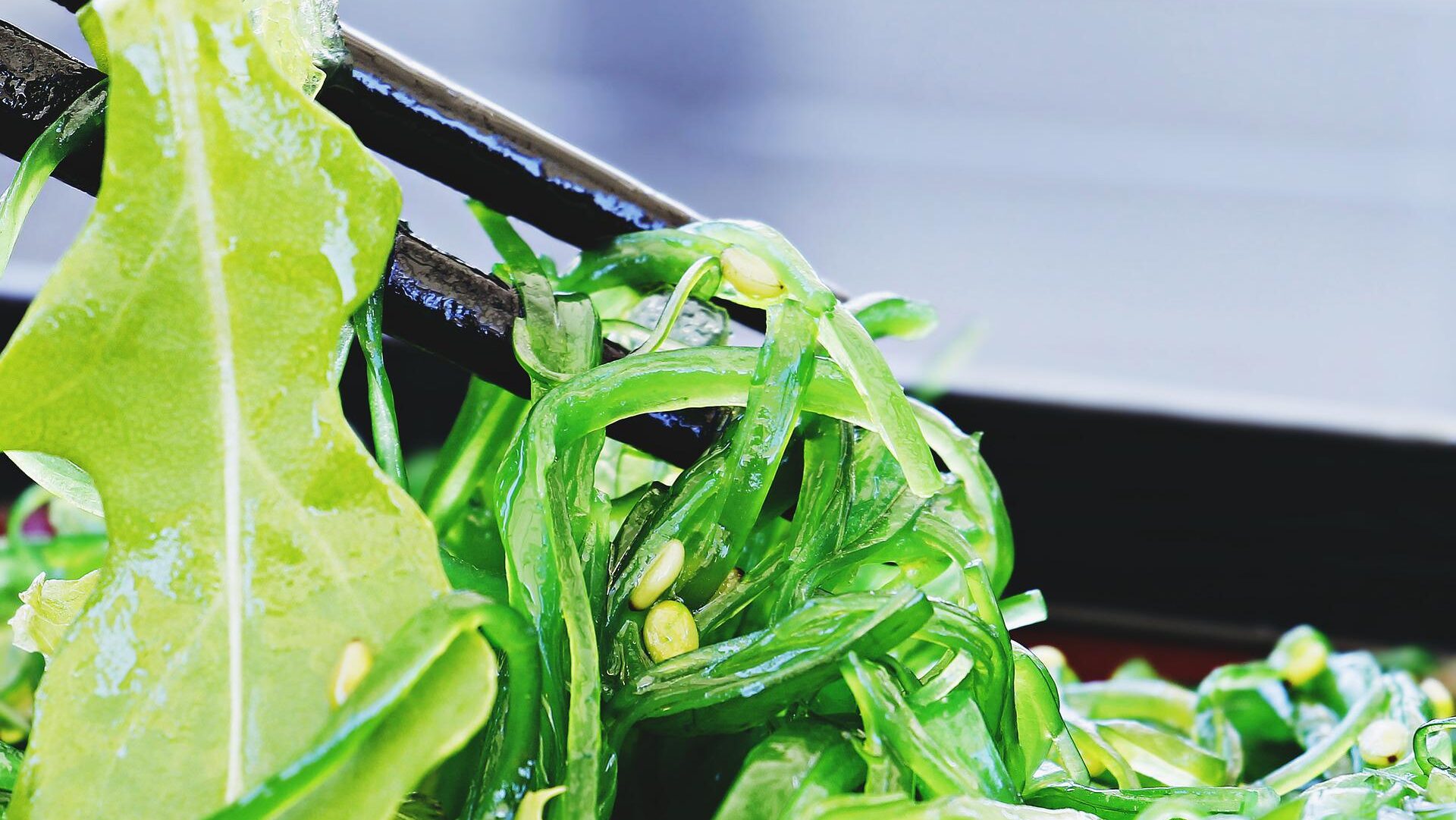
“Seaweed is a wonderful source of iodine, which is essential for thyroid health, which is crucial for hair health,” adds St. Surin-Lord. “Seaweed also promotes the growth of dermal papilla cells and aids in the reduction of 5-alpha reductase, an enzyme in the hair follicle that causes hairs to miniaturize, resulting in hair loss.” Box a pack of seaweed chips the next time you pack a work lunch.
11. Bell Pepper
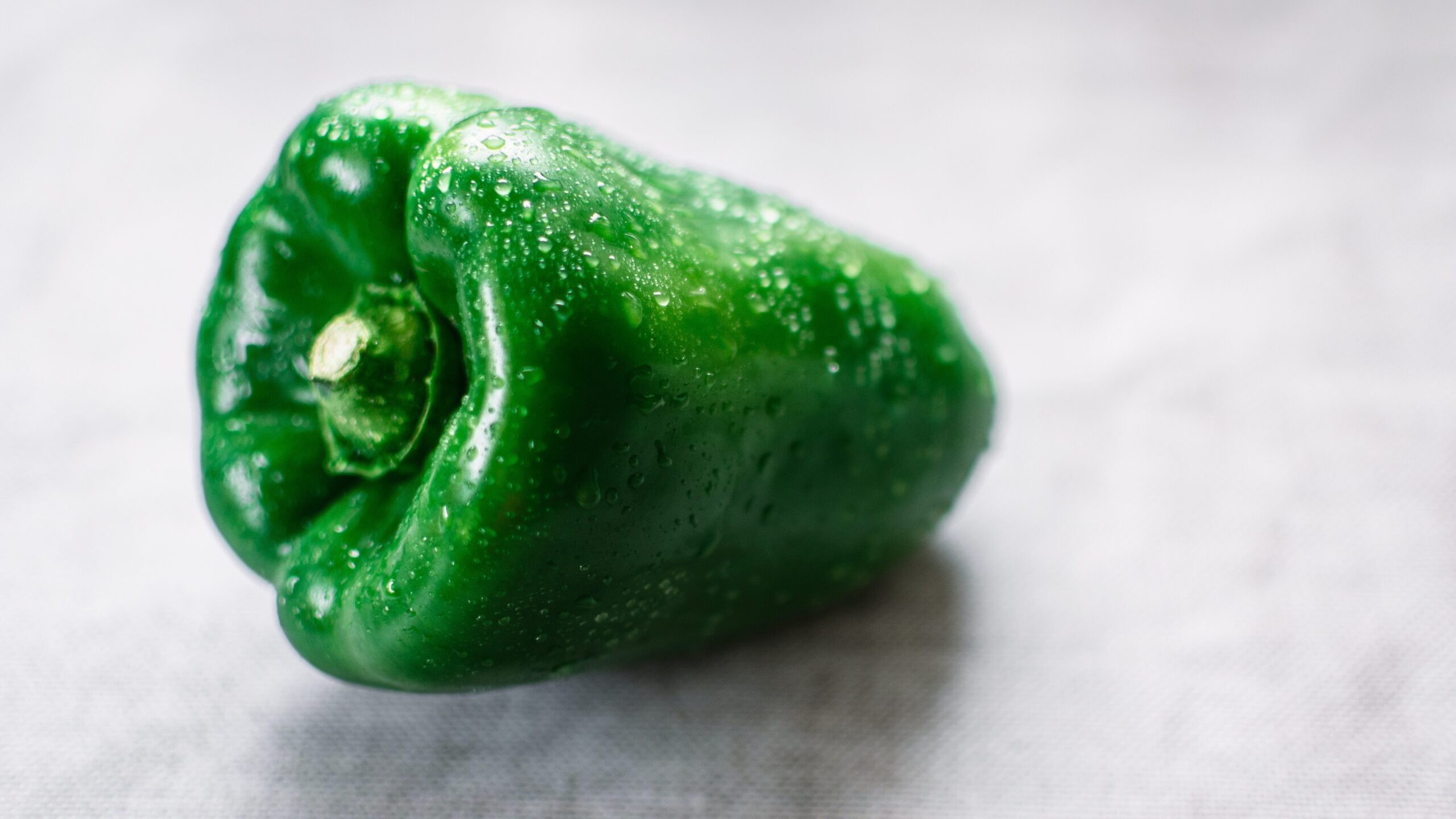
What is the most compelling reason to incorporate bell peppers into your diet? They’re strong in vitamin C—so much so that they contain three times as much as oranges, with green peppers containing 95.7 mg, red peppers 152 mg, and yellow peppers 341 mg. They’re also a good source of fiber. Snack on them with hummus or add them to a nutritious stir-fry.
Conclusion
What you consume can have an impact on the health of your hair.
A shortage of nutrients, such as vitamins A, C, D, and E, zinc, B vitamins, iron, biotin, protein, and vital fatty acids, may impede or even stop hair development.
Fortunately, creating a shortage in any of these nutrients may aid in the treatment of hair loss and increase the pace of hair growth.
If you believe you are deficient in any of these nutrients, consider including some of the items listed above in your diet.

